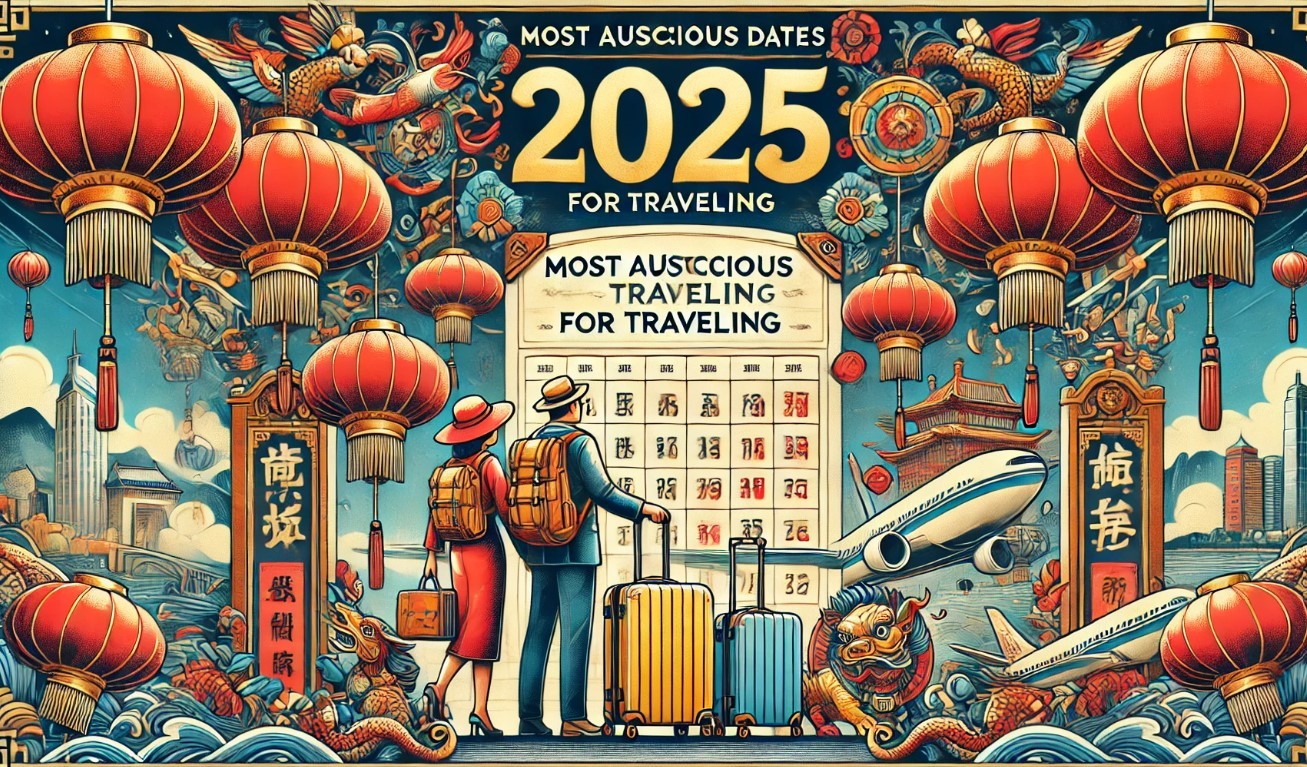Five Most Friendly Countries For LGBTQ+ Travellers
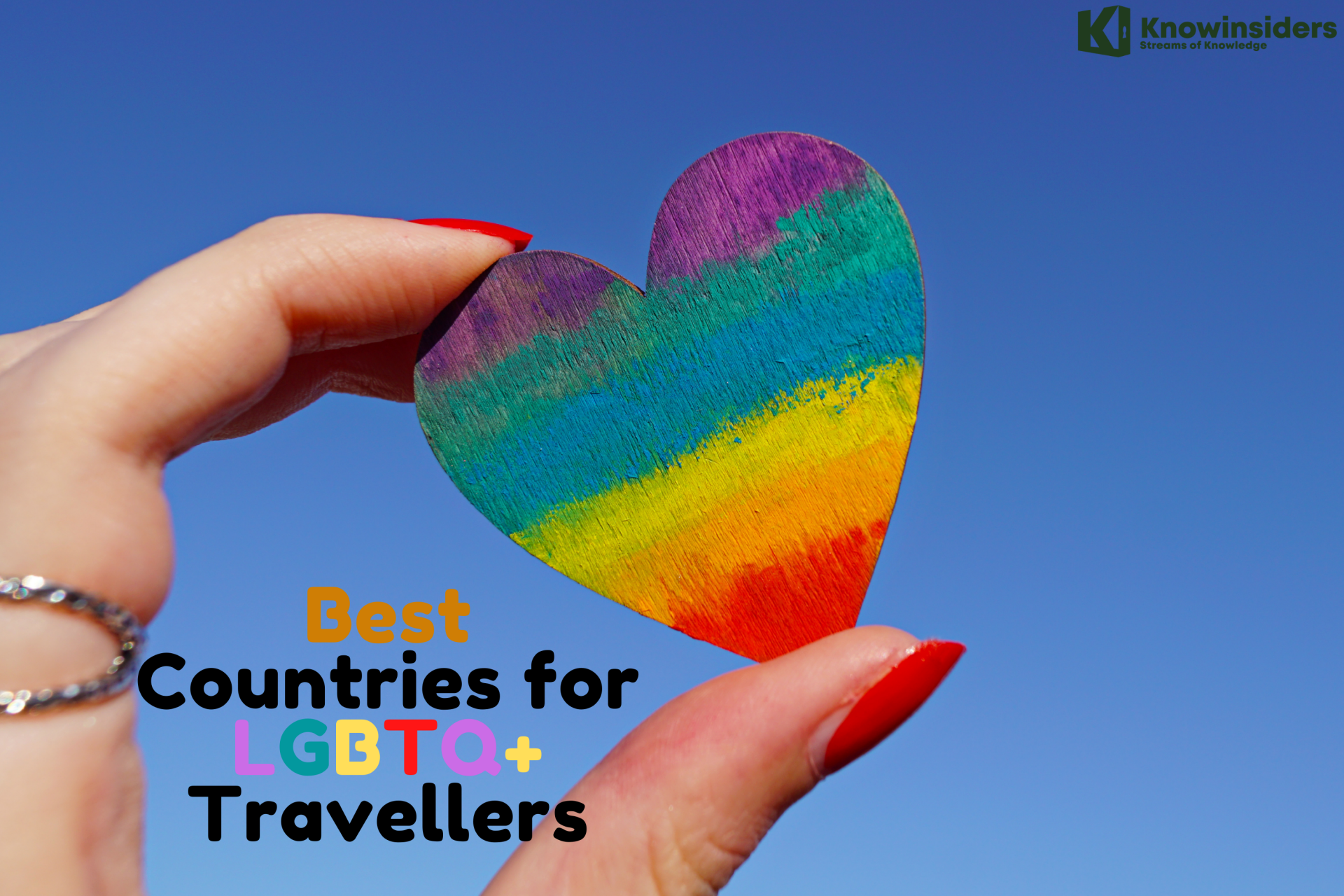 |
| Photo KnowInsiders |
A new study from My Dating Adviser has ranked the best countries for LGBTQ+ travel. It compared 34 countries around the world looking at eight different factors: society acceptance, sexual activity rights, civil union rights, marriage rights, adoption rights, military service, rights anti-discrimination laws and gender identity laws. Depending on how a country performed in these categories, it was assigned a point score out of 100.
Here are top five LGBTQ+ friendly countries:
1. United Kingdom
At number five on the LGBTQ+ friendly travel destinations list is the UK. Cities like Manchester, Blackpool and Brighton all have vibrant queer scenes and the capital city of London boasts some of the oldest gay watering holes in the world.
Although different parts of the UK legalised same-sex marriage at different times societal acceptance is high at 86 per cent, making it the perfect place for a holiday despite the weather.
READ MORE: Full List of Festivals in UK To Be on Schedule In 20212. France
 |
| Photo European Best Destination |
With same-sex sexual activity legal as early as 1791, and military service and adoption rights that include transgender people, France places highly as the fourth-best destination for LGBTQ+ travel.
Many of France’s most romantic spots have become cliched over the years, so why not freshen them up by adding some rainbow spice to an Eiffel Tower proposal.
The rainbow flag flies high in France, a country that left its closet long before many of its European neighbours. Laissez-faire perfectly sums up France's liberal attitude towards homosexuality and people's private lives in general; in part because of a long tradition of public tolerance towards unconventional lifestyles.
READ MORE: ONLY in FRANCE: 7 Strangest Things You've Never Seen
| Paris has been a thriving gay and lesbian centre since the late 1970s, and most major organisations are based there today. Bordeaux, Lille, Lyon, Montpellier, Toulouse and many other towns also have an active queer scene. Attitudes towards homosexuality tend to be more conservative in the countryside and villages. France's lesbian scene is less public than its gay male counterpart and is centred mainly on women's cafes and bars. Same-sex marriage has been legal in France since May 2013. Gay Pride marches are held in major French cities mid-May to early July. |
3. Spain
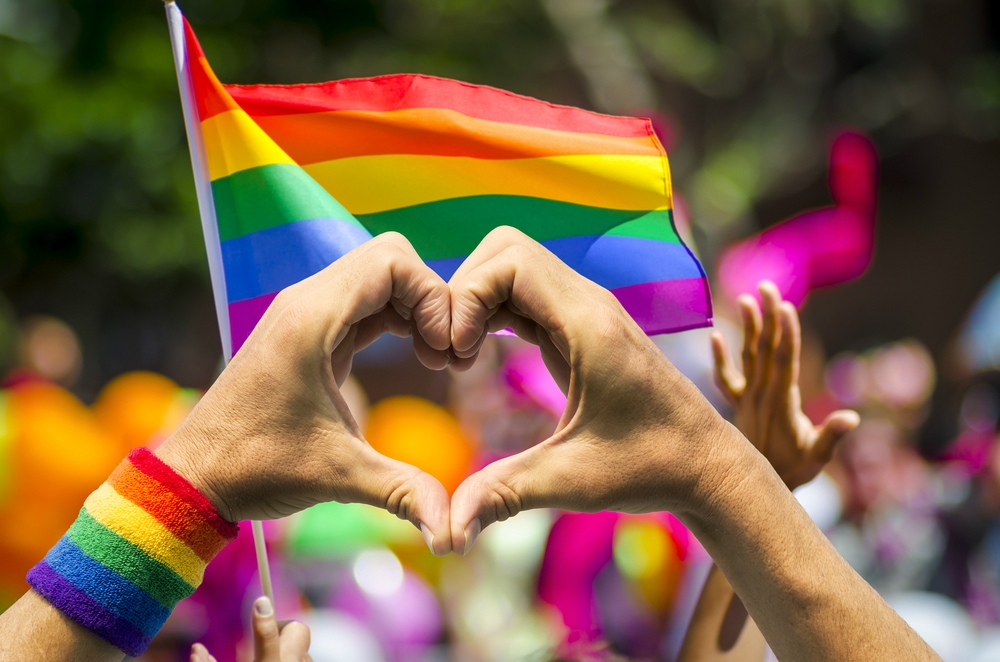 |
| Photo The Culture Trip |
Spain has become one of the most LGBTQ+ friendly countries in southern Europe. Societal acceptance in the country is high at 89 per cent which makes it one of the most gay-friendly destinations to visit.
Madrid also hosts the Les Gai Cine Mad festival, an annual celebration of Spanish speaking LGBTQ+ film.
Spain has become perhaps the most gay-friendly country in southern Europe. Homosexuality is legal and the age of consent is 16, as it is for heterosexuals. Same-sex marriages were legalised in 2005 – the move was extremely popular but met with opposition from the country's powerful Catholic Church.
In rural areas, lesbians and gay men generally keep a fairly low profile, but are quite open in the cities. Madrid, Barcelona, Sitges, Torremolinos and Ibiza have particularly lively scenes. Sitges is a major destination on the international gay-party circuit; gays take a leading role in the wild Carnaval there. There are also gay parades, marches and events in several cities on and around the last Saturday in June, when Madrid’s gay and lesbian pride march takes place.
Madrid also hosts the annual Les Gai Cine Mad festival, a celebration of lesbian, gay and transsexual films.
READ MORE: Top 7 Interesting Destinations You Must Visit In Spain
4. Netherlands
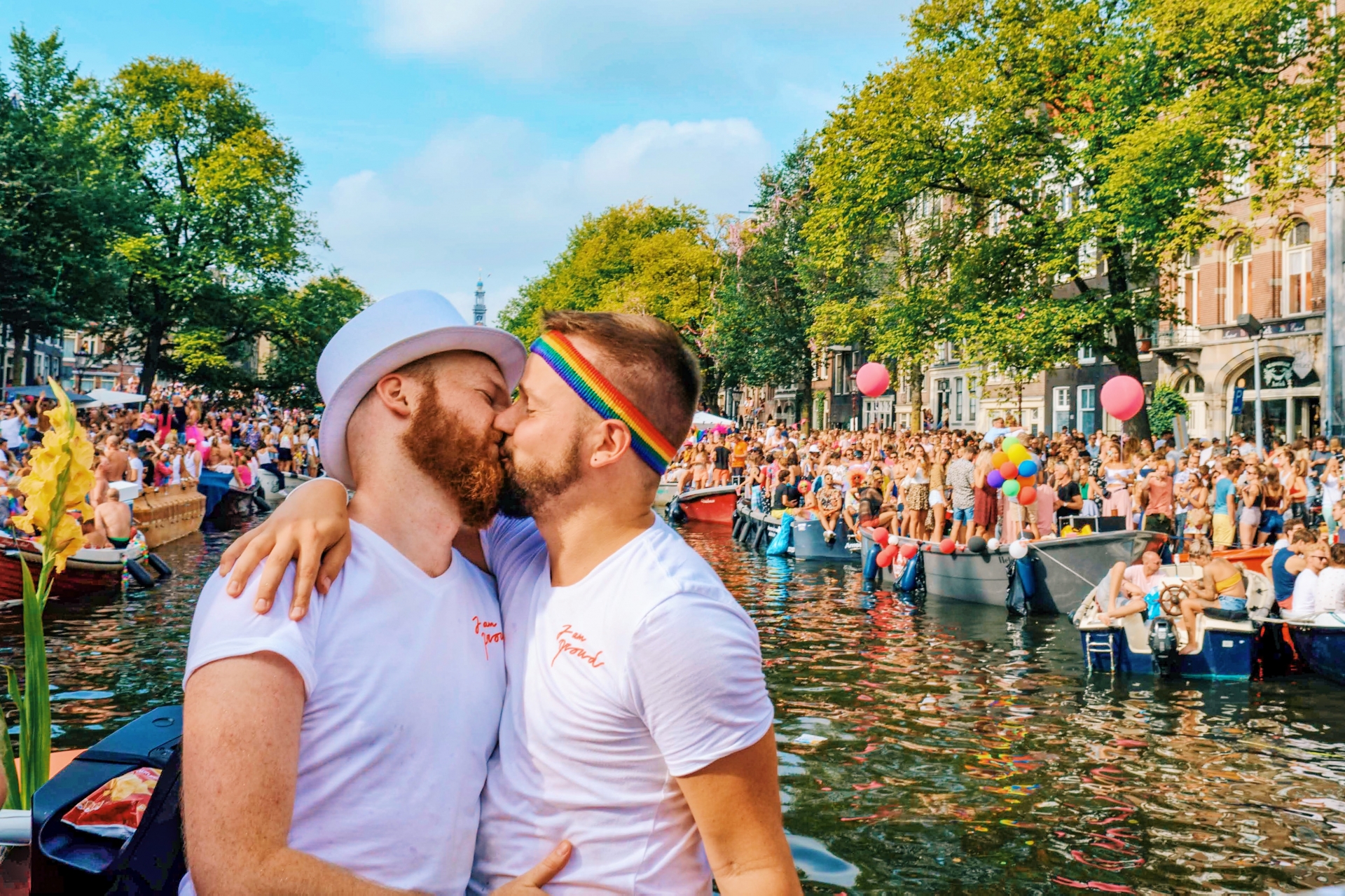 |
| Photo Traveling IQ |
The Netherlands is one of the most culturally liberal countries in the world. Recent polls indicate that more than 90 per cent of people in the country support same-sex marriage.
Amsterdam has frequently been named as one of the most LGBTQ+ friendly cities in the world. It has well over 100 gay and lesbian bars, clubs, saunas, shops and hotels. The most popular locations in the capital city can be found along the Reguliersdwarsstraat, Amstel and Kerkstraat.
In 2001, the Netherlands became the first country in the world to legalize marriage. Registered partnerships between same-sex couples are allowed since 1998. Same-sex couples may adopt together and lesbian couples have access to IVF. There are anti-discrimination laws since 1994 that ban discrimination on the ground of sexual orientation. Since 1985, transgender people can legally change their gender when undergoing surgery and hormone therapy and since 2014 without undergoing surgery and hormone therapy. It’s possible, from 1970, to state “sex cannot be determined” on a birth certificate. This year, the Dutch court has ruled that a third gender must be recognized, adding a neutral option to the ‘male’ and ‘female’ gendered boxes. Overall, the Netherlands has great LGBT laws and keeps working on them!
| Amsterdam's gay and lesbian scene is huge, and there are smaller thriving scenes in Rotterdam, Den Haag, Utrecht and most university towns. Attitudes towards homosexuality tend to be more conservative in the countryside and villages, but remain refreshingly liberal nonetheless. Pride Amsterdam, rebranded in 2017 to embrace transgenders, bisexuals et al as well as gays, features a traditional boat parade and march; it's celebrated over nine days in late July and early August. |
5. Sweden
LGBTQ+ rights in this country are regarded as some of the most progressive in Europe and it has been recognised as one of the most socially liberal countries in the world. All anti-gay discrimination is banned, and societal acceptance of LGBTQ+ people in Sweden is high too at 94 per cent.
Every year the capital city, Stockholm, holds a Pride event that is thought to be one of Sweden's biggest annual events.
 |
| Photo EuroNews |
Sweden has long been known as one of the most progressive countries in the world for LGBTQ+ rights. They legalised sexual activity between those of the same sex in 1944, and same-sex civil partnerships became legal in 1995. Sweden has allowed gay and lesbian couples to adopt children since 2003, and they became the world’s seventh country to legalise same-sex marriage on 1 May 2009.
Sweden was also the first country to allow transgender people to legally change their gender after reassignment surgery and provide free hormone therapy in 1972. By 2013, they passed laws to allow legal gender changes without reassignment surgery or hormone replacement therapy.
LGBTQ+ citizens and travellers have been legally protected as early as 1987 when discrimination based on sexual orientation and gender identity and expression became illegal.
A 2019 study by the Danish Research Institute for Suicide Prevention and researchers from Stockholm University found that the suicide rates of LGBTQ+ people have dropped significantly in Sweden.
More relevant for travellers, public opinion polls show that the vast majority of Swedes support LGBTQ+ rights. A 2019 Eurobarometer report showed that 92% of Swedes thought same-sex marriage should be allowed throughout Europe.
Research laws and social attitudes towards homosexuality and gender identity in the country or area you are planning to visit.
If the country you are planning to go to has low levels of tolerance towards homosexuality or it is illegal then it is a good idea to avoid any public displays of affection.
| How many countries have legalized gay marriage? As of now, 28 countries have marriage equality, and 16 countries provide civil unions or partnerships. Two countries — Bulgaria and Israel — do not allow marriage equality for their citizens but formally recognize marriages overseas. See a list of same-sex-marriage countries and their laws to see when those laws were enacted and how each country’s laws work. Countries with marriage equality laws are often great spots for LGBT+ vacations, but be aware that gay travel to rural or fundamentalist communities can be problematic in almost any country — definitely don’t make assumptions when visiting smaller towns and communities. What other countries might be a problem for LGBTQ+ international travelers? 64 of the 150 most-visited countries offer at least some form of legal protection for LGBTQ+ people, but 51 of the 150 countries penalize being either sexual acts, being trans, or the dissemination of information about LGBTQ+ rights. That leaves roughly 35 of the most-visited countries with no legal language for or against trans and queer people. This creates a grey area where it’s not quite safe to be out but not immediately threatening. One of those countries is Japan. While LGBTQ+ representation in Japanese media has mostly been positive and the Japanese public has consistently polled in favor of same-sex marriage, there’s a long way to go as far as legislation outside of the major cities. But the conversation about danger is a little bit different than the question of which countries do not allow gay marriage. Japan is rarely dangerous, with 35% of locals saying Japan is a “good place” for gay people to live, while Russia frequently polls at only 9%. Countries like Armenia (at 3%), Kyrgyzstan (4%), and Mongolia (6%) all may be bad places to go as well, despite not having any formal anti-LGBTQ+ legislation that could harm travelers. |
| Tips from a trans travel expert Aaron Edwards, an FTM trans travel blogger, shares the following helpful tips on staying safe while traveling. 1. Remember to bring all your documents If possible, try to travel with documents that reflect who you currently are. (Or as close as you can be given the laws where you live) Photo, name, gender marker, etc. AT MINIMUM, make sure your photo reflects how you currently look. 2. Research your destination thoroughly Read up on local laws regarding LGBTQ+ people. Some places are much more restrictive than others and it is better to know your rights and not need them than to be stuck in a jail cell somewhere. 3. Knowing your next bathroom stop is must Always know where your next bathroom stop will be or have a backup bathroom plan in case you are not comfortable with the situation. 4. Some destinations are best to avoid Do your research and know which locations are best to avoid. 5. Have a letter from your doctor handy at the airport If you are on HRT (hormone replacement therapy), always try to bring a doctor’s note to keep with your medication in your bag in case you have issues with airport security. 6. You will probably be questioned Brace yourself to be questioned. A lot of cultures are known for their bluntness. Even people who pass extremely well can get stopped and asked questions based on documents, appearance, etc. 7. If possible, travel with a friend or a group When in doubt, be with people. There is safety in numbers, especially if they are your friends and people who will stand up for you if it is needed. This applies whether you’re on a camping trip, staying at Airbnbs or at regular hotels. 8. Network via LGBTQ+ Facebook groups Join transgender or LGBTQ+ related Facebook groups. It is an easy way to find other trans people who LIVE where you are traveling. They can give you their personal experiences, ideas of places to go, or even offer to hang out with you and give you a local tour. |
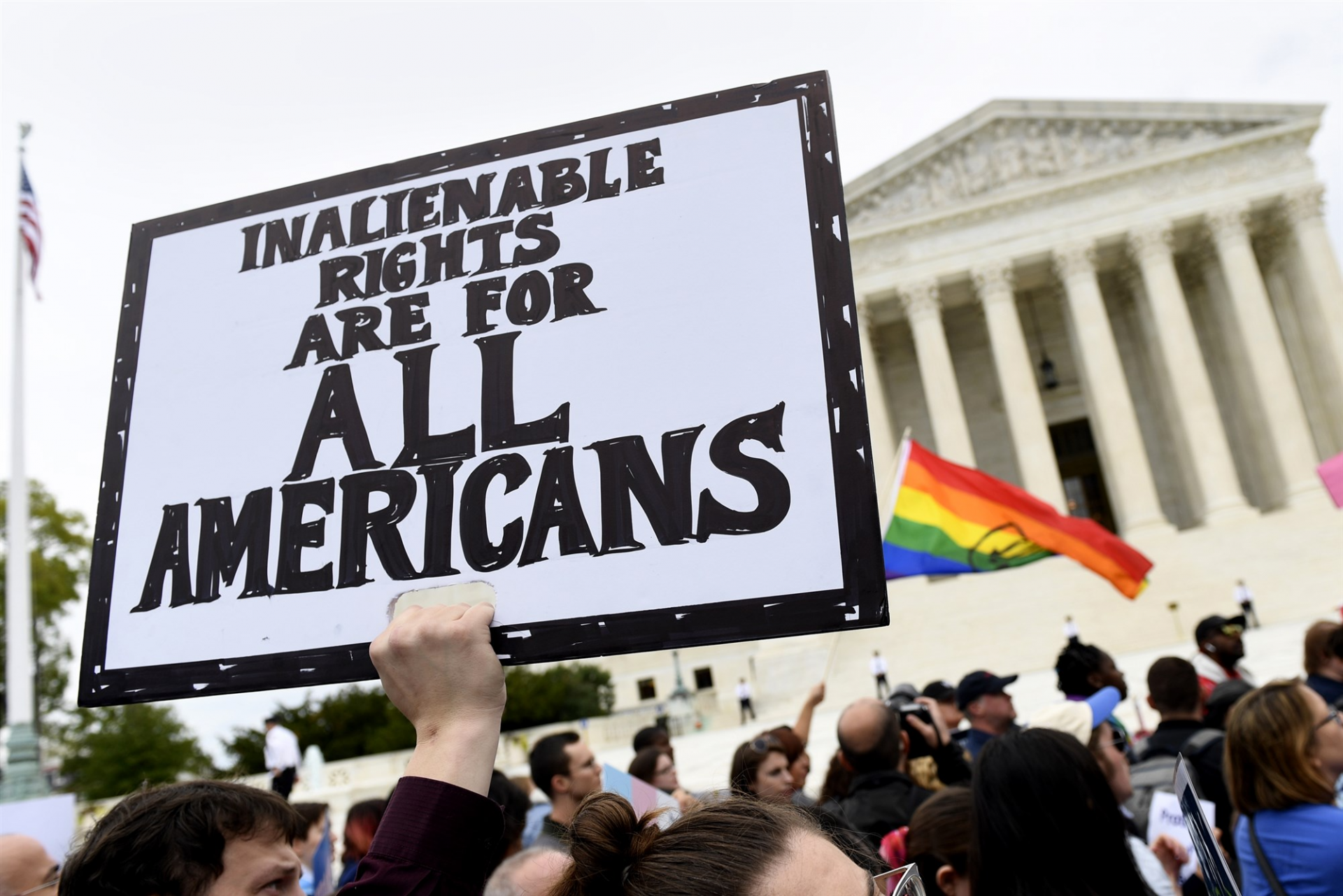 What is Quality Act - LGBT Right Bills: Aiming, Opponent’s views, Voting What is Quality Act - LGBT Right Bills: Aiming, Opponent’s views, Voting The Quality Act amends the nondiscrimination law, which protects the characteristics, gender identification, and sexual orientation of the LGBT (an initialism that stands for lesbian, ... |
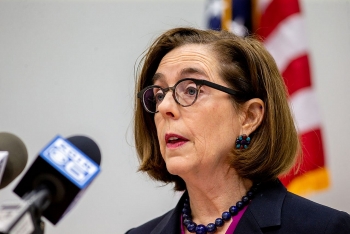 Who is Kate Brown - America's first bisexual Governor: Biography, Personal Life, Career and Profile Who is Kate Brown - America's first bisexual Governor: Biography, Personal Life, Career and Profile Kate Brown is The 38th and current governor of Oregon. If you are curious about this bisexual governor, this article is all that you ... |
 How to protect yourself & your belongings while travelling? How to protect yourself & your belongings while travelling? It can't be denied that travelling would bring you a memorable time to relax, but it can come with safety and security risks. Knowinsider would ... |
Figuring out an around the world trip can be challenging and frustrating sometimes. However, the result might be beyond your thought. Let's check out ... |



